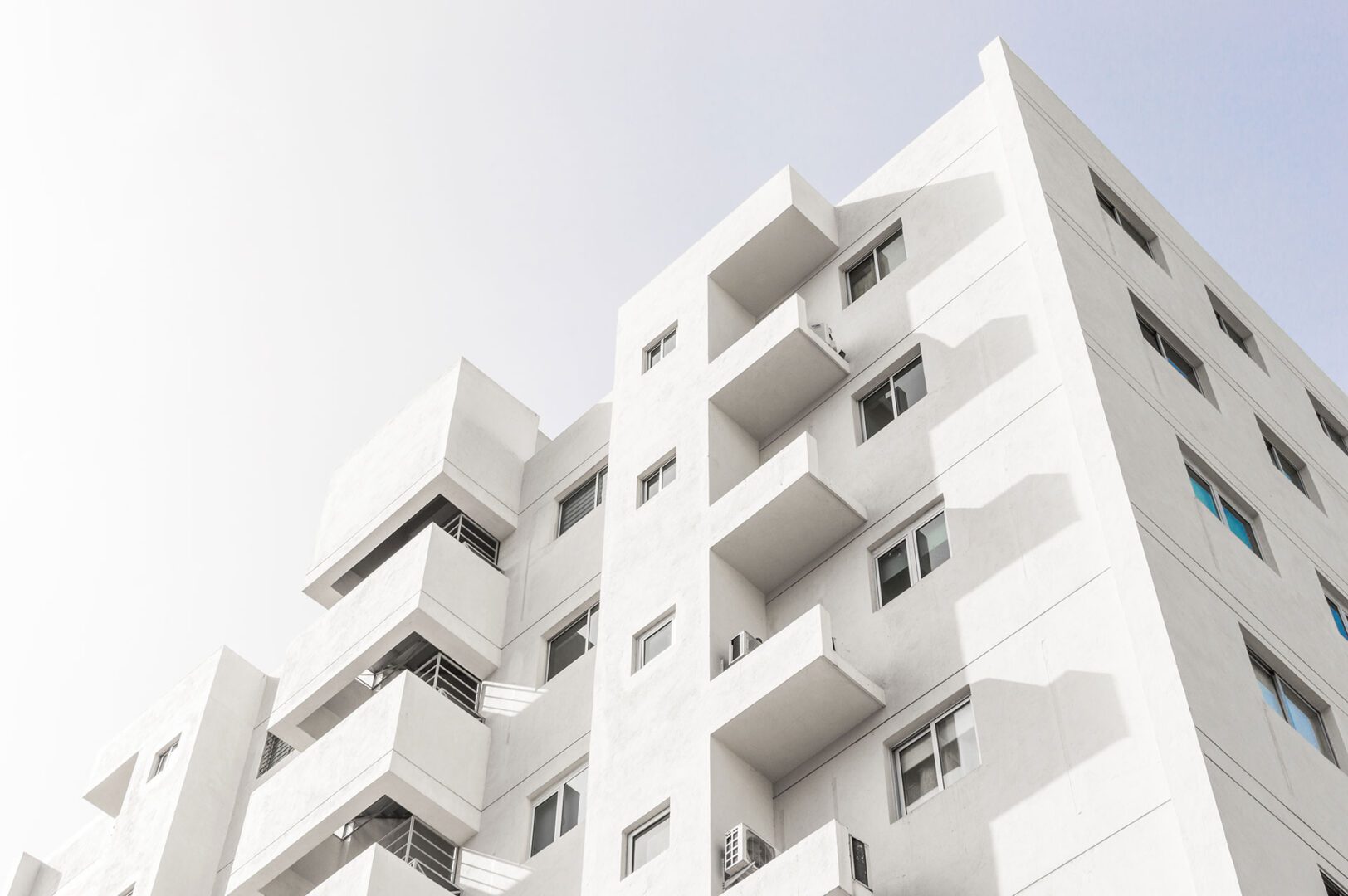Polyiso Insulation for Below-Grade Applications on Walls and Under Slabs
Below-grade insulation needs to provide thermal protection and moisture resistance for building foundations and basements. Below-grade insulation materials must be able to withstand the harsh environment of the soil, resist moisture and prevent heat loss. Suitably faced polyiso panels meet the challenges of the below-grade environment:
- High R-value for thermal resistance
- Continuous insulation when suitably taped – a highly efficient air barrier
- High moisture resistance
- High compressive strength for dimensional stability and for pressure resistance in under slab applications
- Can be cast in concrete if double-faced with alkali-resistant glass facing

Polyiso has advantages over the other materials used for below-grade insulation applications. Polyiso is less expensive than spray foam insulation and does not require professional installation. Mineral wool may require additional vapor barriers to protect against moisture, and it is not as effective at preventing air leaks as other insulation materials.
When it comes to below-grade insulation panels, facings must be chosen carefully to ensure that they can withstand the harsh underground environment and protect the insulation from moisture. The following are some types of facing that are appropriate for below-grade insulation panels:
- Polyethylene (PE) Film Facing: Polyethylene film facing is a common choice for below-grade insulation panels. It is a lightweight and flexible plastic material that provides excellent moisture resistance and durability. The polyethylene film facing should be high-density and have a thickness of at least 6 mils to provide adequate protection against moisture.
- Reinforced Aluminum Facing: Reinforced aluminum facing is a facing material that is made of aluminum foil laminated to a high-strength polyethylene mesh. The polyethylene mesh adds durability and strength to the facing and makes it resistant to tearing and puncturing. The aluminum foil helps to reflect heat away from the insulation panel, which can improve its thermal performance.
- Bituminous Coated Facing: Bituminous coated facing is a facing material that is coated with a layer of asphalt or other bitumen-based material. This type of facing provides excellent moisture resistance and can protect the insulation panel from water damage.
- Polypropylene (PP) Facing: Polypropylene facing is a durable and moisture-resistant material that is suitable for use in below-grade insulation panels. It is lightweight and flexible, making it easy to install. Polypropylene facing is also resistant to damage from chemicals.
- Coated Glass Facing: CGF is made of a layer of glass fibers coated with a thin layer of thermosetting resin, such as phenolic or epoxy resin. The resin coating helps to protect the glass fibers from moisture damage and other environmental factors, making them an ideal choice for use in below-grade applications where moisture intrusion is a concern.
Be sure to avoid polyiso panels with facings not suitable for high moisture environments:
- Kraft Paper Facing: Kraft paper facing is a commonly used facing material for insulation panels, but it is not suitable for below-grade use. This is because kraft paper is highly susceptible to moisture damage and can quickly deteriorate when exposed to water.
- Standard Foil Facing: Standard foil facing is also not suitable for below-grade use because it is not designed to withstand the harsh underground environment. Foil facings that are not specifically designed for below-grade use may be prone to damage from water, chemicals, and other factors commonly found underground.
- Uncoated Polyethylene Facing: Uncoated polyethylene facing is not recommended for below-grade use because it is not durable enough to withstand the harsh underground environment. It can easily tear or puncture when exposed to rocks, roots, or other sharp objects commonly found in soil.
- Paper or Fiber-Based Facings: Paper or fiber-based facings, such as those made from cellulose or wood fibers, are not suitable for below-grade use due to their high susceptibility to moisture damage. These facings can quickly deteriorate when exposed to water, which can compromise the performance of the insulation panel.
In summary, suitably faced polyiso panels meet all of the performance requirements for under grade wall and slab insulation including a high R-value, moisture resistance, durability, compressive strength, compatibility with building materials, and environmental sustainability. The positive environmental impact of employing polyiso panels in your construction project can be considerably amplified by using reclaimed, re-used, or factory second boards such as those sold by Green Insulation Group.
